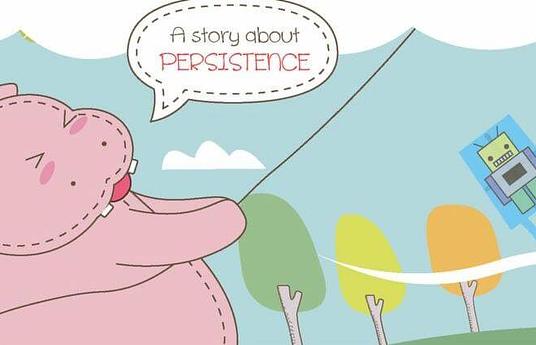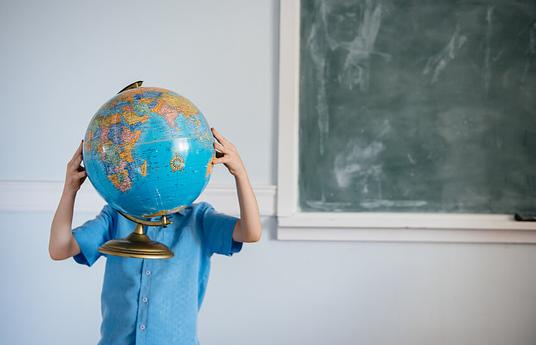You can’t prepare children for the future without taking into consideration climate change. There’s no point making sure children are well educated and well-rounded individuals if the kind of world that needs these types of citizens no longer exists. It’s also not helpful to inundate young people with negative news about the planet, young people – as do we all – need hope in order to survive and to know how to take concrete steps to overcome obstacles.
That’s why Eco Schools is such an interesting proposition for educators – and why we chose it to be a part of our Spotlight on Sustainability and part of our 100 Inspiring Innovations of 2019 collection too. Eco Schools gets children activated to make the change by building their knowledge on climate change and then provides them with the activities to create real, lasting change in the world.
All of us are playing catch up when it comes to climate change, from switching our habits in order to live more sustainably, such as getting used to shopping without free plastic bags, to educating ourselves on the issues and demanding our governments put the environment at the front of their agenda through initiatives like the Paris Climate Agreement. Schools are no different in this area. Though sustainability has been nowhere near the top of most schools' priorities, unlike literacy, numeracy and STEAM education, it’s time they started taking it seriously, just like the rest of us need to as well.
‘It is important for schools to embrace sustainability education as that is the reason they exist – to prepare young people to have a fruitful future life,’ says Pramod Kumar Sharma, Senior Director of Education at Eco-Schools. ‘Schools are the place where experiences are simulated and skills built to address anticipated, real problems.’ One of which is, of course, climate change.
Although one might think the purpose of sustainability education is to educate children on how to live sustainably, one of the biggest tasks within the subject is helping children to develop critical thinking skills in order to understand the conflicting messages they receive in the news about the issue. From climate change deniers to industries controlling media for their own benefits, sustainability is a muddled dialogue that leaves us confused and distracted from the real science at hand.
‘Climate change is real, and the younger generation needs to be able to prepare for it and read through the confusing messages they’re receiving from different interest groups,’ agrees Sharma. ‘Once they’re able to do this they’ll be able to understand the science behind it and make decisions that will help to save the planet.’
Educating children on climate change can be a pretty brutal affair, as anyone who keeps up with the news will sympathise with. That’s why Eco-Schools approach is so effective, they focus on solutions to problems rather than the problem itself solely. This helps children to feel empowered and activated to make the change needed in the world in order to protect it.
‘The intensity of engagement and focus on solutions to the problem is what makes Eco-Schools approach so unique,’ explains Sharma. ‘We employ active learning, they are not just recipients of information, but active agents for change!’ This style of learning helps to increase children’s motivation in school and increases their learning in a natural and organic way. In a time where we are seeing young people standing up for their rights and being vocal about the issues facing them, this kind of activated learning can only help to engage and relate to today’s young people.
Through intensive, engaging pedagogy, Eco-Schools helps students to go deep into the issues surrounding sustainability and climate change. They tackle the subject area from different viewpoints shaped by culture, social realities, economics and ecology; truly helping them to grasp the whole subject and understanding the complexities in tackling climate change in our world as it currently stands. ‘The programmes not only help them to understand the science of the problem, but helps them gain the tools to deal with it and to take action,’ Sharma.
Eco-Schools shows us how we should be educating our children on climate change and sustainability. Not only is it about understanding the subject area but utilising real-world learning to increase motivation and participation in the real world. ‘Active citizenship and global citizenship are two important outcomes of the programme,' explains Sharma, and it’s something all educators should be bearing in mind for their own students. In order to make sure our children are prepared for their futures they need to understand how to be both of these things in order to thrive in an uncertain, globally connected world, and to leave it in better shape than when they came into it. In fact, we could all do with learning a lesson or two from Eco-Schools.
Learn more about Eco-Schools effective approach on their innovation page.


